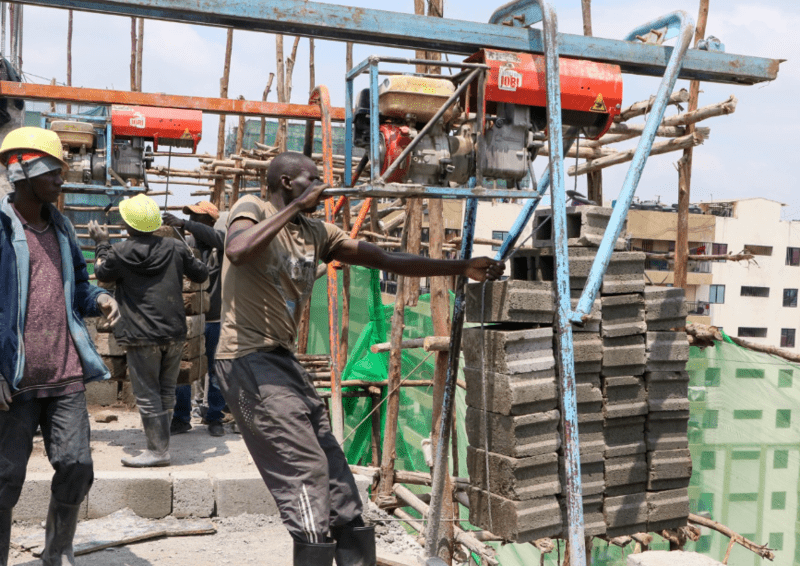Real estate industry raises red flags over Finance Bill, 2025 tax proposals

Among the contested proposals is the reintroduction of a 16 per cent VAT on construction materials that were previously exempt or zero-rated.
Kenya’s real estate sector has sounded an urgent warning over proposed tax changes in the Finance Bill 2025 and the National Rating Act 2024, arguing these could slow down affordable housing, deter investors, and negatively impact millions of livelihoods.
At a Nairobi press conference, the Association of Real Estate Stakeholders Kenya (RESA) described key tax measures in the Bill as “punitive” and called on Parliament to either amend or suspend them.
More To Read
- Kenya secures Sh167.9 billion to expand affordable housing, low‑cost mortgages
- Only 4 per cent of Kenyans can afford Sh10 million homes - survey
- MPs demand trader-centered designs in ESP market projects
- Construction sector rebounds as cement demand hits record high
- MPs push for faster delivery of affordable housing, economic stimulus projects
- Construction growth slows amid rising costs, labour shortages
Among the contested proposals is the reintroduction of a 16 per cent VAT on construction materials that were previously exempt or zero-rated.
RESA said this would drive up costs, worsening Kenya’s housing deficit, currently at 200,000 units annually.
The Bill also includes a new 0.3 per cent national property tax on urban residential homes, to be charged alongside existing county land rates.
This double taxation could lead to rent increases of up to 25 per cent, making housing less affordable for tenants and middle-class homeowners.
Other critical changes include the removal of the 15 per cent reduced corporate tax for developers constructing 400 or more units per year, and the elimination of full investment deductions for developments in Special Economic Zones and rural areas.
The Bill also proposes restricting the carry-forward period for tax losses to five years and shortening VAT refund deadlines, which RESA said could hamper developers’ financial stability and project delivery timelines.
RESA also criticised the National Rating Act 2024 for increasing county governments’ powers by expanding what counts as rateable property, requiring property revaluations every five years, and permitting auctions for unpaid rates.
Although a dispute resolution process is included, the association warned this would raise compliance costs and create investor uncertainty.
Given the sector’s contribution of over 12 per cent to the country’s GDP and direct employment for over 300,000 people, RESA warned these changes risk damaging not only real estate but also related industries like construction, finance, legal services, and transport.
The group urged government officials and Parliament to engage stakeholders to reconsider the tax proposals, protect incentives that promote affordable housing, align tax regimes between national and county levels, and improve VAT refund mechanisms.
“We call for inclusive dialogue that brings all stakeholders to the table. Policy should not just raise revenue, it must also enable sustainable growth and protect livelihoods,” RESA stated.
The group reiterated its commitment to partner with the government and the private sector to build trust, restore investor confidence, and encourage sustainable real estate growth in Kenya.
Top Stories Today













































